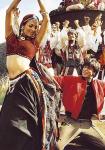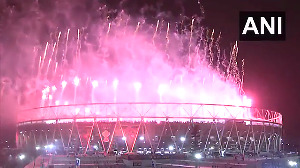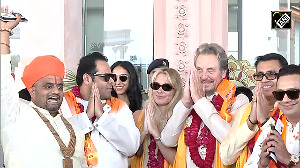Shares in AstraZeneca jumped more than 8 per cent in early trading on Tuesday as the Anglo-Swedish pharmaceutical group said it had agreed a long-term deal with Ranbaxy of India to end patent litigation on its ulcer drug Nexium.
Nexium is AstraZeneca's largest selling drug with sales last year amounting to $5.22bn. It is known generically as Esomeprazole.
Under the terms of the deal Ranbaxy will drop litigation it initiated in November 2005 and will sell Nexium from May 2014 - the expiry date of the first of a series of patents. Under US law Ranbaxy would be the exclusive generic distributor for the first six months.
The company will also win the US distribution rights to two other AstraZeneca off-patent drugs, Prilosec and Plendil, and begin manufacturing the active ingredient for Nexium in the US under contact to AstraZeneca from 2009.
The deal marks the increasingly aggressive tactics by generics companies to tackle patents on new medicines.
"Authorised generic" solutions such as this one have come under growing scrutiny from US and European regulators, although none has yet been successfully challenged.
AstraZeneca stressed that the deal had been submitted for approval by the US Federal Trade Commission and the Department of Justice.
David Brennan, AstraZeneca's chief executive, said: "I believe that this agreement is the right business decision and gives increased clarity and stability to allow us to continue investing substantially in our growing pipeline of new medicines for patients. We continue to have confidence in the strength of our patents and will vigorously defend our intellectual property."
His company still faces continuing challenges on the Nexium patent by Teva of Israel and Dr Reddy's of India.
Ranbaxy conceded in the settlement that its formulation would have infringed four of Nexium's six pivotal patents.
Malvinder Singh, Ranbaxy 's chief executive, said: "We are pleased with the agreement, which will provide certainty as to the launch of a generic formulation of Esomeprazole magnesium in the US market."
AstraZeneca declined to comment on its legal costs, but said litigation was part of the cost of operating in pharmaceutical markets.
Nexium has come under pricing pressure from cheaper generic drugs treating the same conditions and in the fourth quarter of last year its sales in the US fell 18 per cent.






